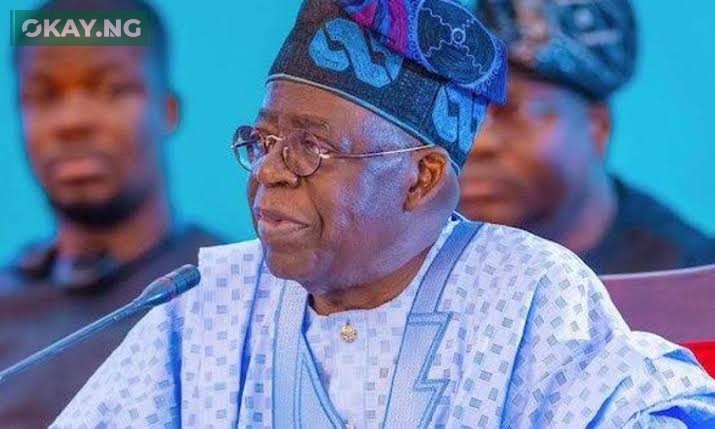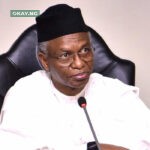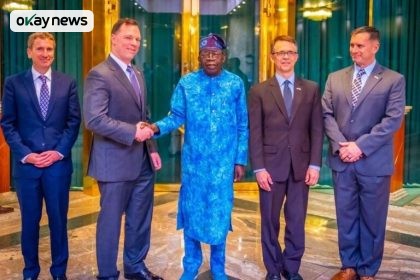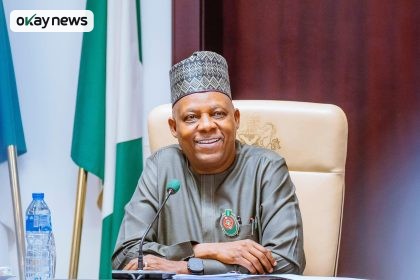The clamour for a decentralised policing system in Nigeria has again reached fever pitch as socio-political groups, civil society organisations, and former security operatives renew calls for state police. The demand comes 17 months after the administration of President Bola Ahmed Tinubu first signalled interest in devolving security powers to state governments.
During a meeting on Tuesday with a high-powered delegation from Katsina State, President Tinubu affirmed his intention to speed up the process. He emphasised that the Federal Government would not only devolve security responsibilities to sub-national units but also strengthen the newly deployed forest guards.
“I am reviewing all the aspects of security; I have to create a state police,” the President told the delegation led by Governor Dikko Radda.
The statement immediately triggered a wave of reactions across Nigeria’s political and civil society spectrum. The pan-Yoruba socio-political organisation, Afenifere, welcomed the remarks as a long-overdue but positive development.
Jare Ajayi, Afenifere’s National Publicity Secretary, noted that Tinubu’s consistent stance on state policing gave hope that the long-standing delays could be resolved. Speaking in Ibadan, Ajayi recalled, “As is well known, the idea of state police has been on the front burner for quite a while. We recall that Tinubu has never hidden his desire to have state police. Indeed, going by the posture of Mr. President, one had thought that the scheme would have taken off before now.”
Ajayi also referenced a February 2024 briefing by the Minister of Information, Mohammed Idris, where the government first reiterated its readiness to push for state police following discussions with governors at the Aso Rock Villa. He stressed that Tinubu’s renewed commitment suggests that the initiative is now closer to reality.
okay.ng reports that discussions on the creation of state police have been stalling within the National Economic Council (NEC), despite all 36 states having submitted their reports since late 2024. NEC has deferred deliberations three times, with the most recent postponement on April 24, 2025, and a final decision now pushed to January 2026.
Governor Uba Sani of Kaduna confirmed that most governors back the idea, stating, “Most of us agreed that the establishment of state police is the way forward. We have a lot of ungoverned space in Nigeria, and also we have a lot of deficit in terms of the number of boots on the ground.”
Despite this consensus, groups such as the Middle Belt Forum, Pan Niger Delta Forum (PANDEF), and the Jigawa Next Forum have expressed frustration over the delays, demanding urgent constitutional amendments. PANDEF, for example, insists that state police already exist in the form of vigilante networks, but without legal recognition. Its spokesman, Dr. Obiuwevbi Ominimini, argued, “What we are now advocating for is the legalisation of state police… there should be a constitutional amendment to encourage state policing.”
The Movement for the Survival of the Ogoni People (MOSOP), however, countered that the push is misplaced. Its spokesman, Oscar Imeabe, stressed that “state policing is not the solution to Nigeria’s security woes,” attributing insecurity largely to economic hardship and poor governance.
Northern youth groups are also divided. While the Jigawa Next Forum called for stronger pressure on the Federal Government to act, the Northern Youth Council of Nigeria dismissed the idea as a “misplaced priority,” urging instead a massive overhaul of the Nigeria Police Force (NPF).
The Federal Government has maintained that the plan remains a priority. Information Minister Idris clarified that legislative collaboration is essential, noting, “The objective required working with the National Assembly leadership to dismantle political and bureaucratic bottlenecks that could stall the operationalisation of the state police.”
As insecurity worsens—with 2,266 Nigerians killed in the first half of 2025 alone, according to the National Human Rights Commission—stakeholders remain sharply divided. Advocates argue that decentralisation will bring policing closer to the people, while critics fear abuse by governors and the politicisation of security agencies.







